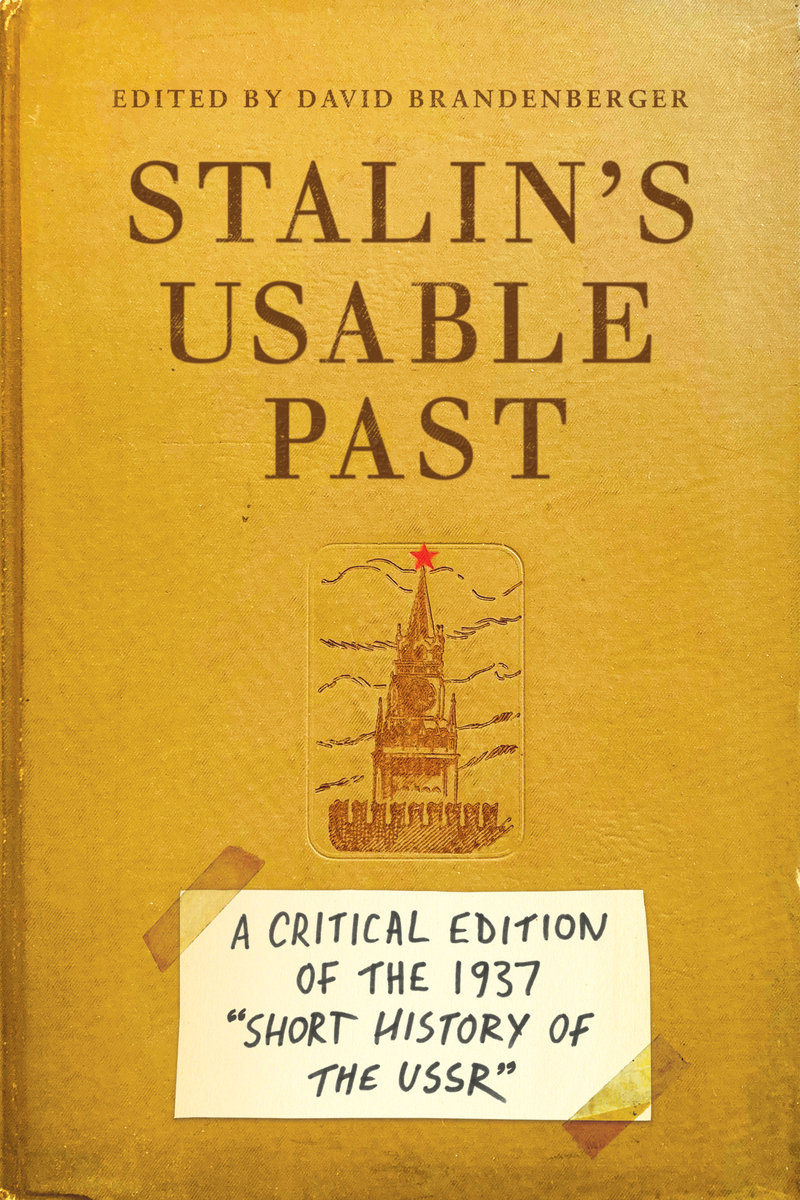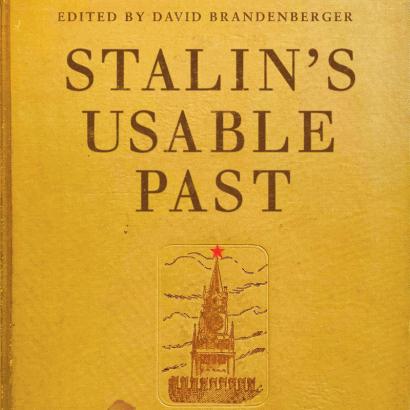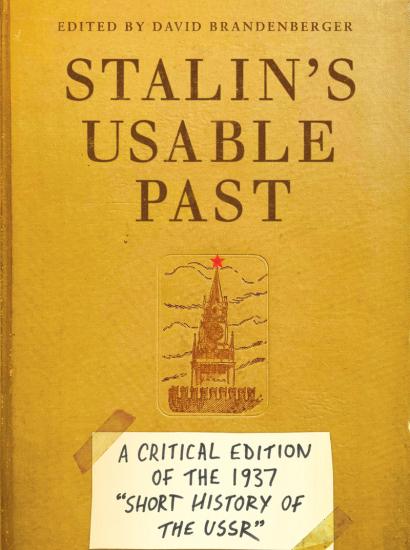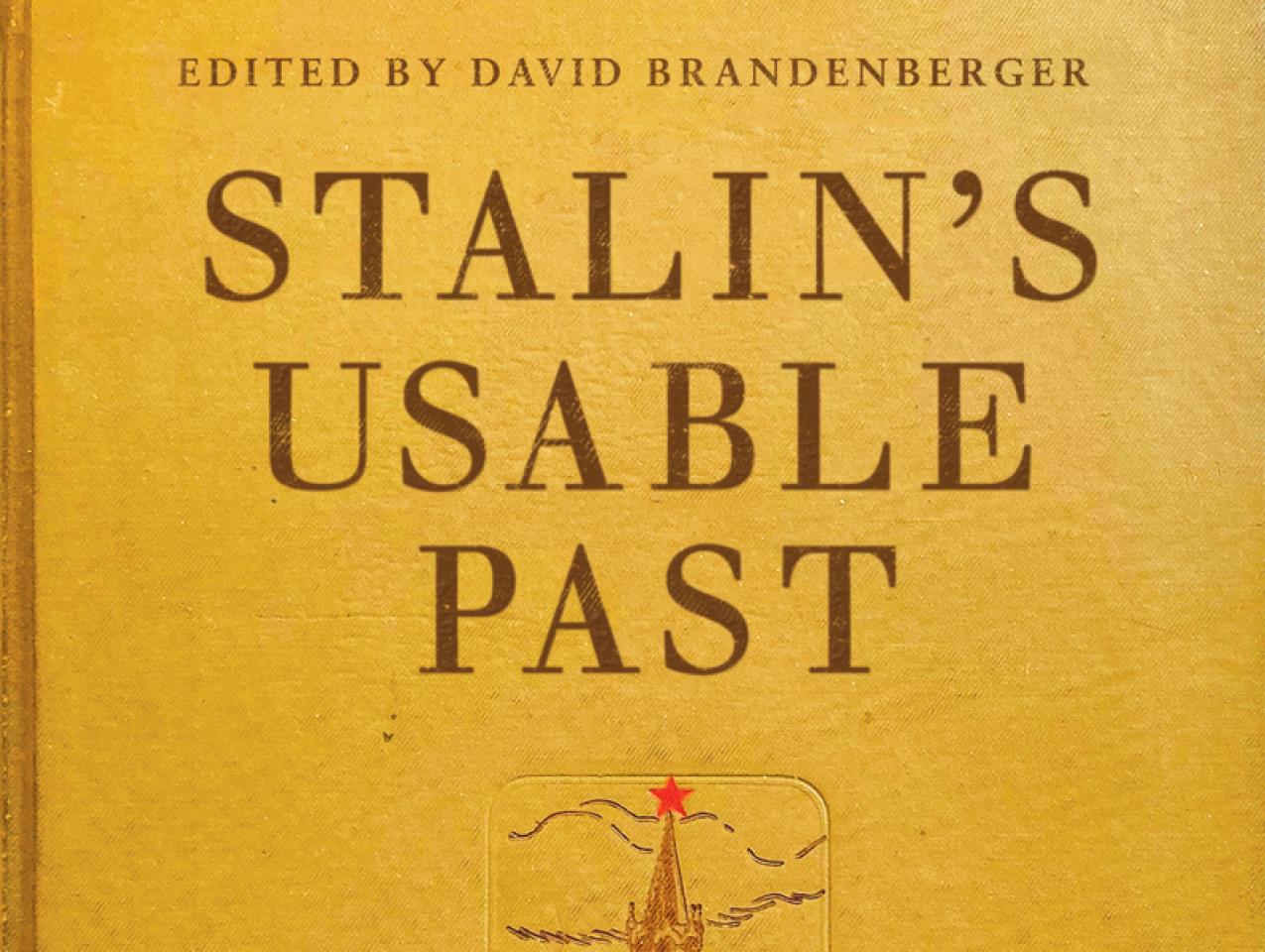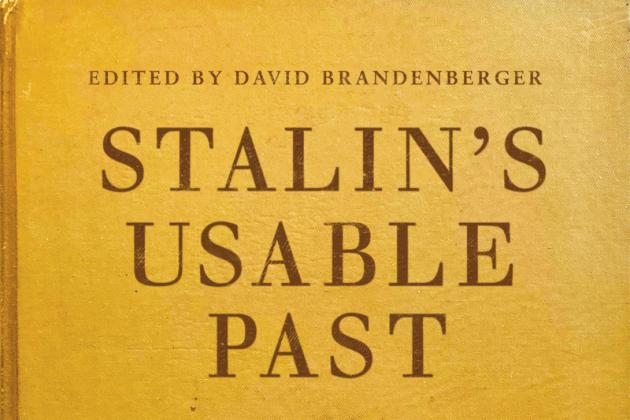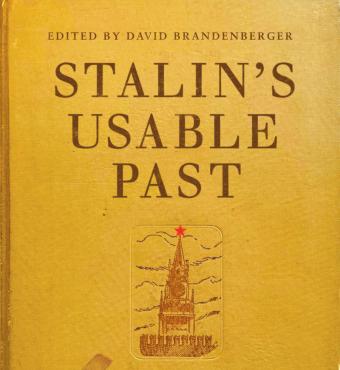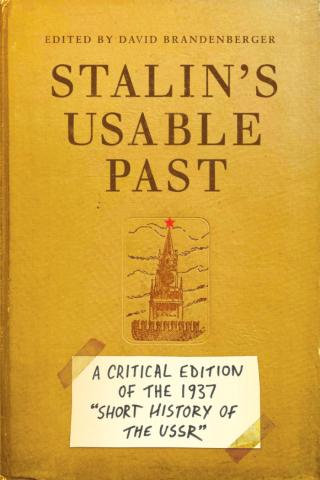
Stalin's Usable Past, the latest volume in the Stanford-Hoover series on authoritarianism, has just been published. The book presents a critical edition of the 1937 Short History of the USSR, the landmark textbook edited by Soviet dictator Joseph Stalin at the height of the Great Terror.
The appearance of the Short History of the USSR amounted to an ideological sea change. Stalin literally rewrote the officially endorsed narrative of Russo-Soviet history, breaking with two decades of Bolshevik propaganda that portrayed the 1917 Revolution as the birth of a new era. In its place, he established a thousand-year pedigree for the Soviet state that stretched back through the Russian empire and Muscovy to the very dawn of Slavic civilization. Appearing in million-copy print runs through 1955, Stalin's Short History transformed how a generation of Soviet citizens learned about their country's past, not only in public school and adult indoctrination courses, but on the printed page, the theatrical stage, and the silver screen.
Stalin's Usable Past presents a critical edition of the Short History that both analyzes the text and places it in historical context. By highlighting Stalin's precise redactions and embellishments, historian David Brandenberger reveals the scope of Stalin's personal involvement in the textbook's development, documenting in unprecedented detail the dictator's plans for reshaping Soviet society's historical imagination.
"The fact that Stalin temporarily set aside execution lists to edit a textbook illustrates the importance he attached to the writing of history. Thanks to this critical edition, expertly compiled by David Brandenberger, we can now see Stalin's personal interventions in what would become the country's official history textbook until his death."
About the Editor
David Brandenberger is professor of history at the University of Richmond, where he's taught courses on European and Russian history, as well as nationalism, propaganda and Marxism, since 2003. Brandenberger is a faculty associate at the National Research University—Higher School of Economics (Moscow) and a past fellow and faculty associate at the Davis Center for Russian and Eurasian Studies at Harvard University. He has written on Stalin-era propaganda, ideology, and nationalism in various journals, books, and edited volumes.
About the Stanford–Hoover Series on Authoritarianism
Paul R. Gregory and Norman Naimark, Series Editors
Margo Irvin, SUP Editor
The Stanford–Hoover Series on Authoritarianism is dedicated to publishing peer-reviewed books for scholars and general readers that explore the history and development of authoritarian states across the globe. The series includes authors whose research draws on the rich holdings of the Hoover Library and Archives at Stanford University. Books in the Stanford–Hoover Series reflect a broad range of methodologies and approaches, examining social and political movements alongside the conditions that lead to the rise of authoritarian regimes, and is open to work focusing on regions around the world, including but not limited to Russia and the Soviet Union, Central and Eastern Europe, China, the Middle East, and Latin America.





